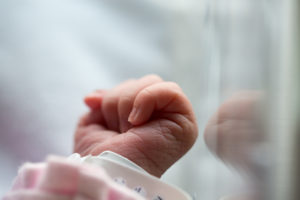CNN reported that the new proposed drug, Rivaroxaban, designed to keep blood clots from forming, has an increased bleeding risk. The drug actually was found better than a comparator drug at stopping blood clots.
“Rivaroxaban, from Bayer AG’s (BAYRY) health-care unit and Johnson & Johnson (JNJ), faces a review by an FDA panel Thursday.” There is a post on FDA’s website already regarding this product. It is sold in Europe under a brand name Xarelto and was approved over there last year.
Currently, Rivaroxaban is pending review by FDA for approval for short-term use to prevent blood clots in patients undergoing knee or hip-replacement surgery.
Blood clots typically form in the leg and can be fatal if they travel to the lungs. FDA will vote on whether the drug carries a favorable risk-benefit profile. If they vote no, it suggests that regulators should reject the drug; if FDA votes yes, “it amounts to a recommendation that the agency approve the drug.”
FDA commented that the “main safety finding” in the studies conducted so far was increased bleeding among patients. Another result of these clinical studies is that there was evidence of an increase in a liver enzyme that can indicate liver damage.
Johnson & Johnson did indicate that all anticoagulant drugs carry some bleeding risk.
“Rivaroxaban is a new type of drug that targets an enzyme known as Factor Xa that’s involved in the blood-clotting process.” There are other anti-clotting agents on the market, like Plavix and Sanofi Aventis SA.
Additional comments by the FDA in these clinical studies include that the absolute risk reduction of blood clot, death from any cause, and a non-fatal clot in the lungs was 2.6 percent in favor of rivaroxaban in patients undergoing hip surgery and 3.7 percent in patients undergoing knee surgery compared to enoxaparin. But, the incidence of major bleeding is higher in the rivaroxaban group of patients, or 24 patients compared to 13 in the enoxaparin group. The study also found that two patients in the rivaroxaban group died of a fatal bleed compared to none in the enoxaparin group (but one patient never received rivaroxaban).











Comments for this article are closed.